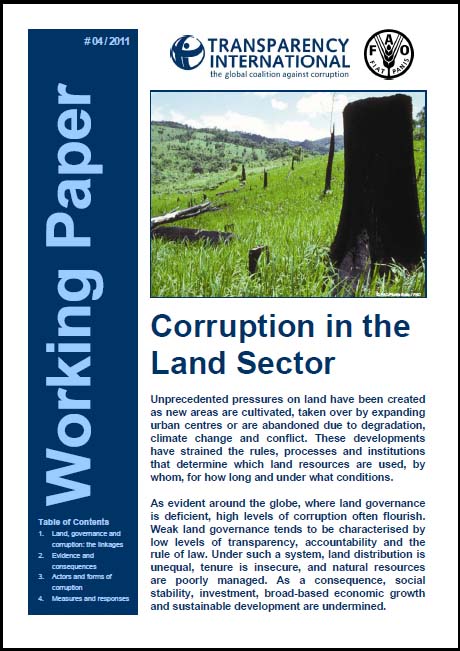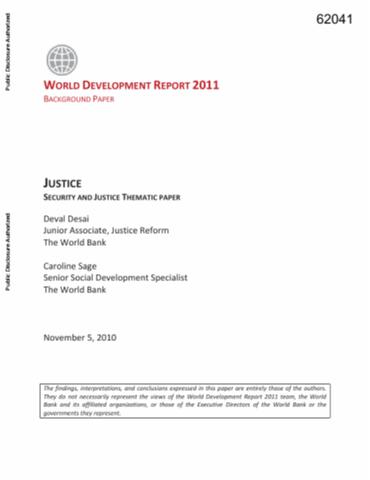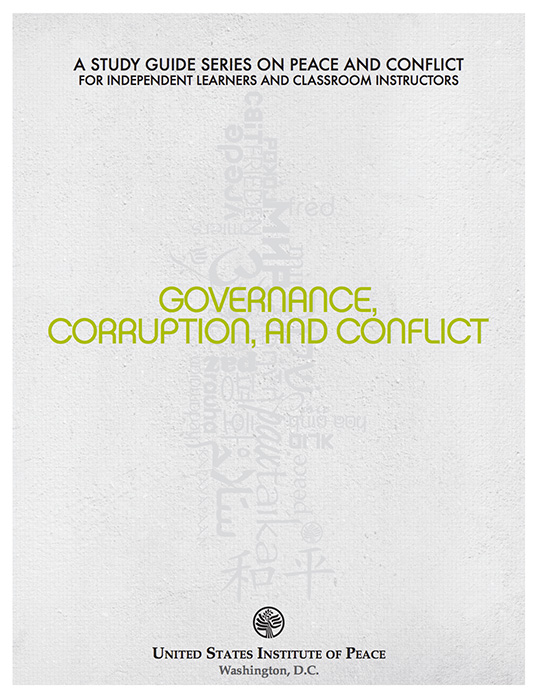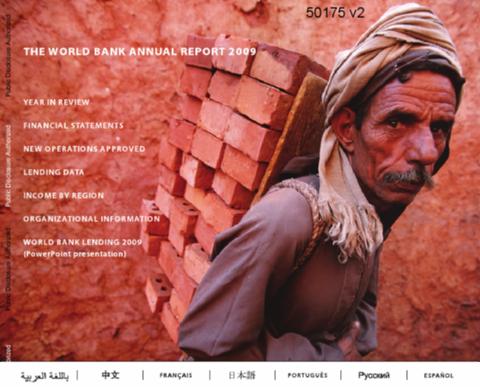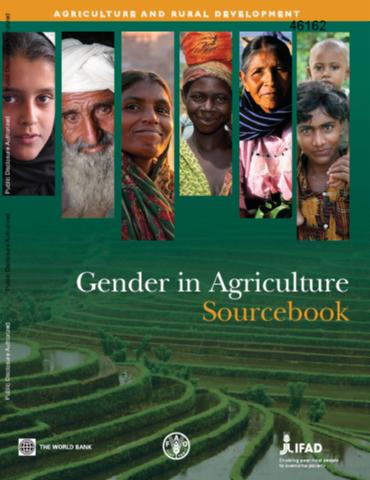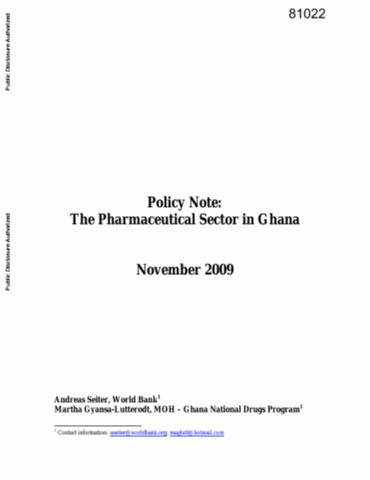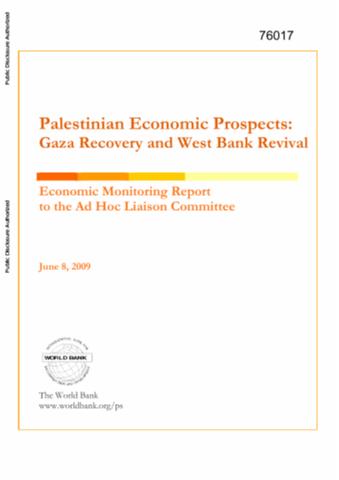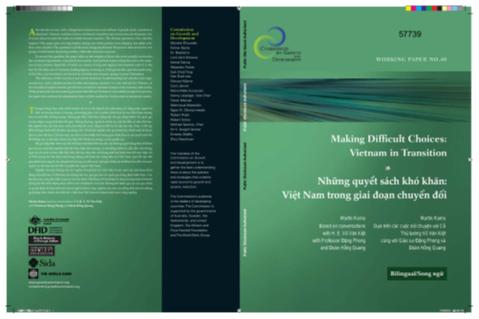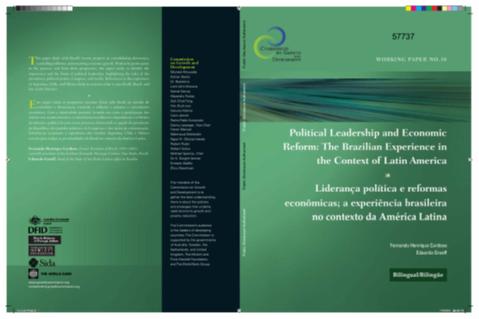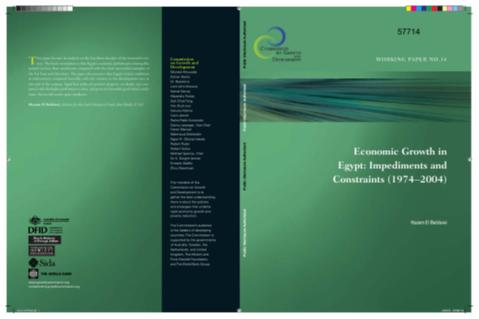Irregular and illegal land acquisition by Kenya’s elites: Trends, processes, and impacts of Kenya’s land-grabbing phenomenon
Includes government custodianship of public land, what land is targeted?, how do Kenya’s elites access land?, identifying the impacts and victims of the land-grabbing phenomenon, policy developments and current debates on Kenya’s land question.


